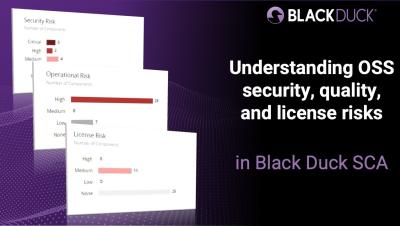How Open-Source Security Frameworks Drive Better Cyber Defense
Open-source security frameworks are an essential tool in the cybersecurity arsenal. These frameworks provide the foundation for building secure systems and adhering to key industry standards. Yet, despite their importance, many practitioners and organizations fail to tap into the full potential of these frameworks. Exploring them in depth can unlock significant value for businesses, developers, and security teams.











